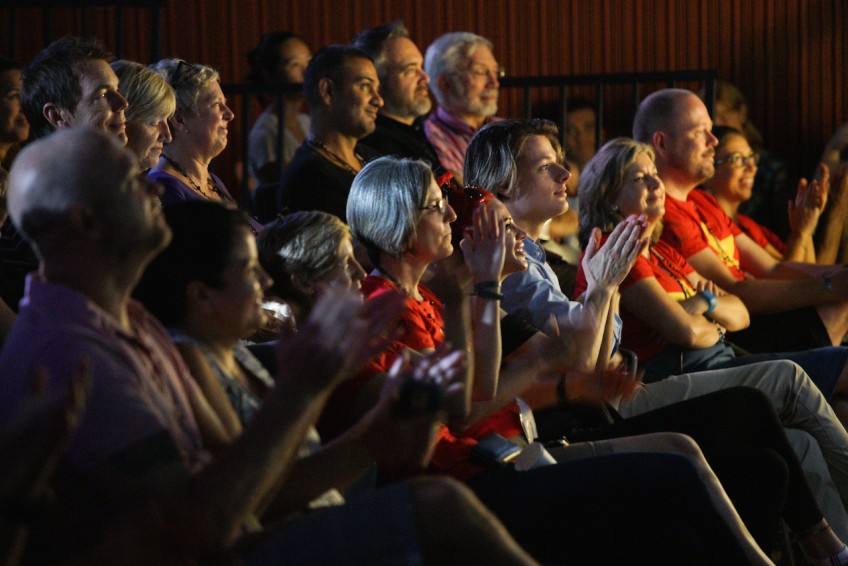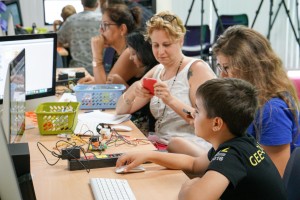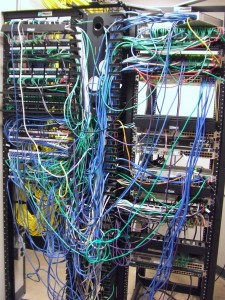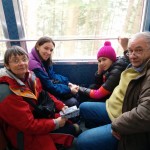 Life
Life
Age of Code
This week was Hour of Code week – and coincided with an increase in activities in schools and other learning communities around the world, highlighting the importance of computer science, programming and coding. The Hour of Code campaign joins a very visible, loud and exponentially expanding global awareness about the importance of coding, programming, robotics and maker education.
highlighting the importance of computer science, programming and coding. The Hour of Code campaign joins a very visible, loud and exponentially expanding global awareness about the importance of coding, programming, robotics and maker education.
Around the world, educational and community learning organizations have started to incorporate effective, practical and impactful computer science and MakerEd programmes into their teaching methods, curriculums and after-school activities. A host of support organizations have also started to gain prominence in these fields, along with specialists from both technology industry and education, in order to bridge the gap in knowledge needed to achieve successful integration of these programmes.
The evolution and integration of computing technologies into teaching and learning has never before experienced such rapid growth. Supporting this growth is a fundamental belief in the importance of technology and its essential and intrinsic link to the learning and innovation skills as outlined by Partnership for 21st Century Learning (P21).
These four skills are known as the 4 Cs:
- Collaboration.
- Communication.
- Critical thinking.
- Creativity
Coding not only allows you to think critically and logically but can also involve aspects of collaboration and communication (seeking coding help from the community, friends, peers and students). Likewise, the product of almost all coding projects and experiences are classified as ‘creative’ for their uniqueness in not only utilizing the coding concepts to provide automation and increased productivity in our lives, but also to solve real (authentic) issues. For collaboration, we recognize another important benefit of coding from the blending of learning methodologies in a class of students busy in coding workshops. Computer systems allow every student to not only advance at their own pace but can also provide instant feedback and access to a large bank of resources including those on the Internet and peers who may be sitting right beside them.
Ibelieve that the ‘hour of code’ should not be restricted to a week per year, but rather, once the idea that ‘anybody can learn’ has stimulated an individual, an ‘hour of code’ should take place every week – if not every day!
“The ‘Hour of Code™’ is a nationwide initiative by Computer Science Education Week[csedweek.org] and Code.org[code.org] to introduce millions of students to one hour of computer science and computer programming.”




























